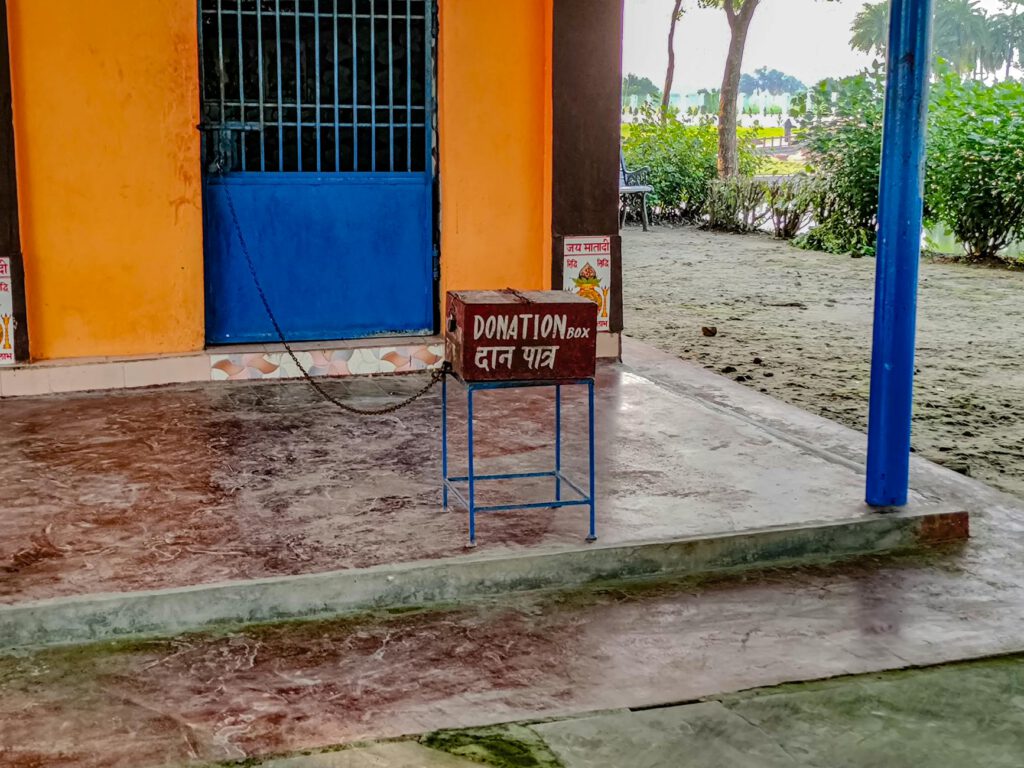****
Introduction
In today’s fast-paced corporate world, fostering teamwork, problem-solving, and communication among employees is more critical than ever. Traditional team-building exercises—such as trust falls or generic workshops—often fall short in engaging employees and delivering lasting benefits. Enter escape room pop-ups, an innovative and immersive team-building solution that combines fun, strategy, and collaboration.
Escape rooms challenge teams to solve puzzles, decode clues, and work under pressure—all within a set time limit. By bringing these experiences directly to local corporations through pop-up escape rooms, businesses can boost morale, improve collaboration, and strengthen workplace dynamics in a fresh and exciting way.
This article explores how escape room pop-ups can revolutionize corporate team-building, the key benefits they offer, and actionable strategies for implementing them successfully.
Main Idea: Why Escape Room Pop-Ups Are the Future of Corporate Team-Building
Escape rooms are more than just entertainment—they’re a powerful tool for enhancing workplace cohesion. Unlike passive team-building activities, escape rooms require active participation, critical thinking, and teamwork to succeed. When adapted for corporate settings as pop-up experiences, they offer several advantages:
- Engagement: Employees are more likely to participate enthusiastically compared to traditional workshops.
- Skill Development: Enhances problem-solving, communication, and leadership skills.
- Flexibility: Pop-up escape rooms can be customized and set up on-site or at a nearby venue.
- Memorable Experience: Creates lasting impressions that reinforce team bonds.
With these benefits in mind, let’s dive deeper into how escape room pop-ups can be leveraged for corporate team-building.
Subtopic 1: The Psychological and Team-Building Benefits of Escape Rooms
Escape rooms are designed to simulate high-pressure scenarios where teams must collaborate to achieve a common goal. This setup mirrors real-world workplace challenges, making them an ideal training ground for employees.
Key Psychological Benefits:
- Improved Communication – Escape rooms require constant dialogue, ensuring team members articulate ideas clearly and listen actively.
- Enhanced Problem-Solving – Employees learn to approach challenges from different angles, fostering creativity.
- Leadership Development – Natural leaders emerge as teams delegate tasks and strategize under time constraints.
- Stress Management – Working against the clock helps employees practice staying composed under pressure.
Real-World Example:
A tech startup in Austin introduced a pop-up escape room for its quarterly team-building session. Post-event surveys revealed:
– 87% of employees felt more connected to their colleagues.
– 72% reported improved problem-solving skills in subsequent projects.
– Leadership noticed better cross-department collaboration in the following weeks.
This example highlights how escape rooms translate into tangible workplace improvements.
Subtopic 2: How to Implement Escape Room Pop-Ups for Corporate Teams
Successfully integrating escape rooms into corporate team-building requires careful planning. Below are key steps and strategies:
Step 1: Define Your Objectives
- Are you focusing on communication, leadership, or problem-solving?
- Should the experience be competitive or purely collaborative?
Step 2: Choose the Right Format
- On-Site Pop-Ups: Portable escape rooms can be set up in office conference rooms.
- Off-Site Venues: Partner with local escape room providers for a more immersive experience.
Step 3: Customize the Experience
- Incorporate company-specific themes (e.g., a “cybersecurity escape” for IT teams).
- Adjust difficulty levels based on team experience.
Step 4: Debrief and Reflect
- Conduct a post-game discussion to identify key takeaways.
- Ask employees how they can apply lessons learned in the workplace.
Step 5: Measure Success
- Use surveys and feedback forms to assess engagement and skill improvement.
- Track long-term changes in team dynamics and productivity.
Tools, Tips, and Resources for Hosting Escape Room Pop-Ups
To ensure a smooth and impactful event, consider the following:
Recommended Tools:
- Portable Escape Room Kits (e.g., Breakout EDU or The Escape Game’s corporate packages).
- Virtual Escape Rooms (for remote teams, using platforms like Mystery Escape Room).
Pro Tips:
- Mix Teams Strategically – Pair employees from different departments to encourage cross-functional bonding.
- Keep It Inclusive – Ensure puzzles are accessible to all skill levels.
- Hire a Facilitator – A professional gamemaster can enhance the experience and guide debrief sessions.
Budget-Friendly Alternatives:
- DIY Escape Rooms – Use online templates to create custom puzzles.
- Partner with Local Businesses – Some escape room companies offer corporate discounts.
FAQs About Escape Room Pop-Ups for Team-Building
1. How long does a typical corporate escape room session last?
Most pop-up escape rooms run 60-90 minutes, including setup and debrief.
2. Can escape rooms accommodate large teams?
Yes! Multiple smaller groups can compete simultaneously, with a leaderboard for added fun.
3. Are escape rooms suitable for remote teams?
Absolutely—virtual escape rooms provide a collaborative online experience for distributed teams.
4. What if some employees aren’t comfortable with puzzles?
Choose story-driven themes (e.g., mystery or adventure) to engage all personality types.
5. How often should companies host escape room team-building?
Quarterly or bi-annually is ideal to reinforce skills and maintain engagement.
Conclusion
Escape room pop-ups offer a dynamic, engaging, and effective way to strengthen corporate teams. By fostering communication, problem-solving, and leadership in a high-energy setting, they provide far more value than traditional team-building exercises.
For local corporations looking to boost morale, improve collaboration, and create lasting memories, integrating escape room pop-ups into their team-building strategy is a winning move. Whether through on-site setups or partnerships with local providers, the benefits are undeniable—employees leave not just with a sense of accomplishment, but with skills that translate directly into the workplace.
Ready to level up your team’s cohesion? An escape room pop-up might just be the key to unlocking their full potential.

